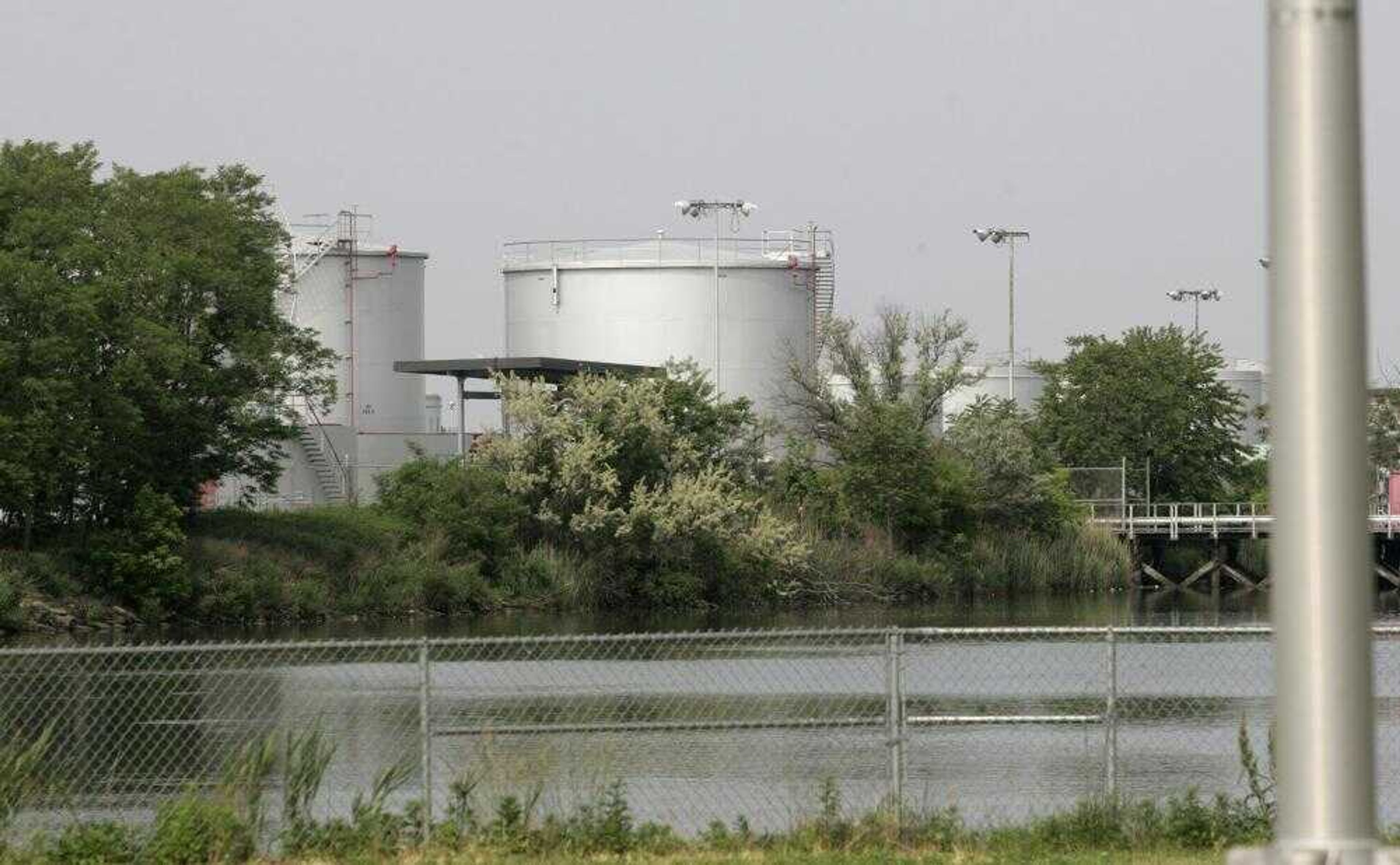Drug dealer turned informant was key to undoing of JFK plot
NEW YORK -- A convicted drug dealer who agreed to pose as a wannabe terrorist among a shadowy group plotting to blow up John F. Kennedy International Airport secretly fed information to federal investigators in exchange for a lighter sentence. His surveillance trips to the airport with the suspects, travels abroad to meet with supporters and assurances he wanted to die as a martyr in the attack on an underground jet fuel pipeline gave counterterrorism agents insight and evidence that was otherwise unattainable.. ...
NEW YORK -- A convicted drug dealer who agreed to pose as a wannabe terrorist among a shadowy group plotting to blow up John F. Kennedy International Airport secretly fed information to federal investigators in exchange for a lighter sentence.
His surveillance trips to the airport with the suspects, travels abroad to meet with supporters and assurances he wanted to die as a martyr in the attack on an underground jet fuel pipeline gave counterterrorism agents insight and evidence that was otherwise unattainable.
And his help once again demonstrated the growing importance of informants in the war on terrorism, particularly as smaller radical groups become more aggressive.
"In most cases, you can't get from A to B without an informant," said Tom Corrigan, a former member of the FBI-NYPD Joint Terrorist Task Force. "Most times when an informant tells you what is going on, speculation becomes reality."
According to court papers and investigators, the informant began working for the government in 2004, after his second drug-trafficking conviction in New York, and he quickly proved to be a credible source.
'Sent by Allah'
He was sent to meet with the JFK plot's alleged mastermind Russell Defreitas in 2006 and was introduced by an unidentified third party. Defreitas quickly accepted the informant as legitimate, saying he was sure they knew each other through a Brooklyn mosque.
The informant was convincing. Defreitas, according to a federal complaint, believed the informant "had been sent by Allah to be the one" to pull off the bombing.
Four Muslim men are accused of plotting to use explosives to destroy a jet fuel pipeline that runs through populous residential neighborhoods to the airport, killing thousands of people and triggering an economic catastrophe.
In an indictment, one of them is quoted as saying the bombing would "cause greater destruction than in the Sept. 11 attacks."
Although the plotters put a great deal of time and travel into their plan, they never managed to obtain any explosives before authorities arrested Defreitas and foiled the JFK scheme. Experts said the plot could have resulted in damage and fires, but nothing on the scale that the defendants had envisioned.
The men accused in the JFK plot didn't turn to Pakistan, Iran or Afghanistan for support to target the airport. Instead, investigators say the informant and defendants Kareem Ibrahim and Russell Defreitas visited a compound belonging to the Jamaat al Muslimeen, a radical Muslim group based in Trinidad off Venezuela's coast.
When Defreitas discussed his radical "brothers" with the informant, he made it clear they were not Arabs, but from Trinidad and Guyana.
Infiltration
The complaint also made clear how deeply the informant had infiltrated the small band of would-be terrorists. While Defreitas, a retired JFK airport cargo worker, made four reconnaissance missions to the airport with the informant, federal authorities recorded each one on audio and video.
Defreitas, 63, who immigrated to the U.S. more than 30 years ago from Guyana, was in custody Sunday pending a bail hearing, was arrested two days earlier in Brooklyn.
Ibrahim and another suspect, Abdul Kadir, were in custody in Trinidad awaiting extradition hearings. Officials identified Kadir as a former mayor of a Guyanese town and a member of the country's Parliament.
Authorities in Trinidad were still seeking a fourth suspect, Abdel Nur.
Authorities said the JFK case and last month's arrest of six men suspected of attacking soldiers at Fort Dix, N.J., illustrated the need for inside information.
"These have been two significant cases back-to-back where informants were used," Corrigan said. "These terrorists are in our own backyard. They may have to reach out to people they don't necessarily trust, but they need -- for guns, explosives, whatever."
Police Commissioner Ray Kelly said they were examples of terrorism growing in the U.S.
"It's a movement. It's a philosophy. And they're motivated by the same hatred that motivates al-Qaida," Kelly said Sunday on CBS' "Face The Nation."
Last year, informants played a major role in two other terror cases. In June 2006, an informant posing as an al-Qaida operative helped bring down a plot to blow up the Sears Tower. Five of the seven men arrested in that alleged terrorist group were U.S. citizens.
In May 2006, an NYPD informant's testimony led to the conviction of a man plotting to blow up the busy Herald Square subway station in midtown Manhattan.
Connect with the Southeast Missourian Newsroom:
For corrections to this story or other insights for the editor, click here. To submit a letter to the editor, click here. To learn about the Southeast Missourian’s AI Policy, click here.









